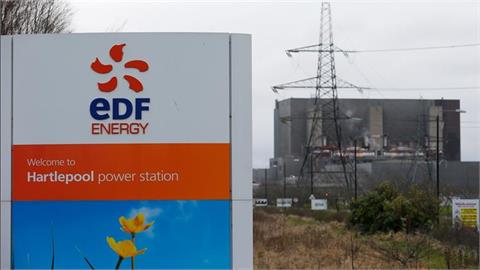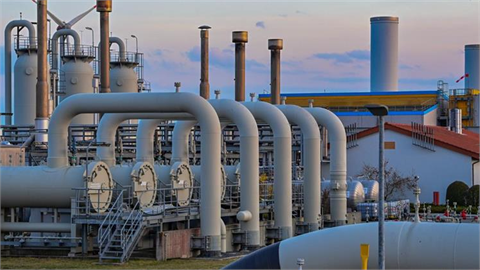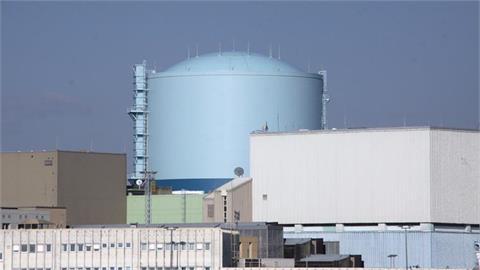A new decree reduces the share of proceeds from CO2 emission auctions directed to the special renewables accounts remunerating producers to 30% from 60%. The Greek environment and energy ministry’s decision has caused reactions in the renewables market since it lowers the account’s inflows by EUR 75 million to cover the rising energy cost for consumers.
Renewable projects in Greece are supported through the special renewables account operated by the Renewable Energy Sources Operator & Guarantees of Origin (DAPEEP). The balance has been positive during the last couple of years, creating a safety net in the process for investors.
Money from CO2 allowances auctions will be the main source for the government’s fund for helping consumers cover the extra cost
However, recent developments in the broader energy market and the high cost of natural gas and electricity prompted the government to create a fund to help consumers cover the extra cost. It was decided that one of the sources of this fund will be money from CO2 allowances auctions.
Ministry bets on high CO2 prices – renewable investors are worried
Specifically, a newly signed decree of the energy ministry states that the share of income from CO2 auctions directed to the renewables account is reduced from 60% to 30%. The ministry believes that because of the rise of CO2 prices this year, the end result would not be significantly different for the renewables account. Despite that fact, market participants in Greece calculate that income for the renewables account would be reduced from 375 to 300 million Euros by the end of this year.
The companies believe that a certain surplus must be maintained in the account to provide security of investment and avoid the possibility of funding problems and payment delays like in previous years.
Number of new applications for renewables projects drops
The Greek government decided this year to increase the letter of guarantee required for an application for a renewable project in order to reduce the huge number of applications submitted in recent years to the regulator. The new level for the letter of guarantee is EUR 35,000 per megawatt, and the result was that during October’s licensing round, only 130 applications were submitted for projects with around 1 GW of total capacity, compared to several hundred applications in previous rounds.
The ministry’s general secretary, Alexandra Sdoukou, announced recently that a further “filtering” of renewables applications would take place through a requirement to submit the letter of guarantee with the application for the final connection offer instead of during the acceptance of connection terms.
The rule will be included in the forthcoming bill that will further simplify the licensing procedure for renewable projects to decrease the time required.
(balkangreenenergynews.com, October 28, 2021)



